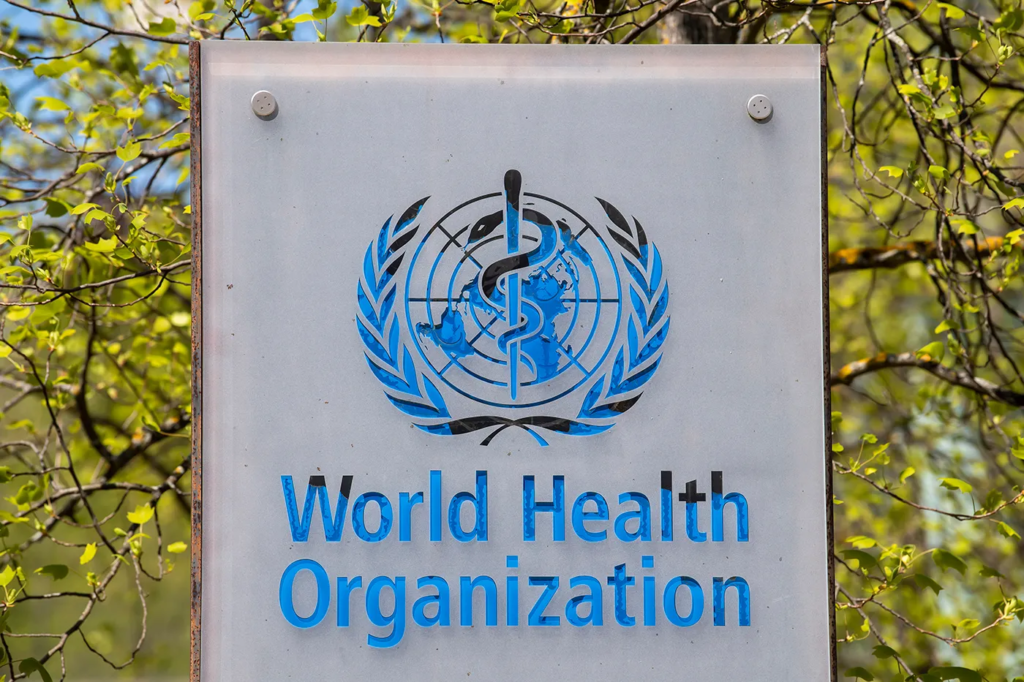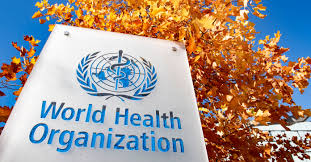The World Health Organization (WHO) has been a cornerstone of global health for decades, guiding nations through pandemics, disease outbreaks, and public health initiatives. As one of its largest funders and most influential members, the United States plays a pivotal role in the organization’s work. However, discussions about the US potentially withdrawing from the WHO have sparked debates about what such a move would mean for the country and the world. This article explores the implications of a US exit from the WHO, from global health leadership to domestic preparedness, in a way that’s easy to understand and engaging for all readers.

Understanding the WHO’s Role
The WHO, established in 1948, is a United Nations agency focused on improving global health. It coordinates international responses to health crises, sets standards for disease prevention, and supports countries in building stronger healthcare systems. From tackling Ebola outbreaks to promoting vaccination campaigns, the WHO’s work touches every corner of the globe. The US has been a key player, contributing significant funding—around 15% of the WHO’s budget—and expertise to shape its policies.
If the US were to leave the WHO, it would be a historic shift. The decision would affect not only the organization but also America’s ability to address health challenges at home and abroad. Let’s break down the potential consequences.
Impact on Global Health Leadership
The US has long been a leader in global health, and its involvement in the WHO amplifies that influence. By setting standards, funding research, and guiding international health policies, the US helps shape how the world responds to crises like pandemics or natural disasters. Leaving the WHO could weaken America’s voice in these discussions, potentially allowing other nations to fill the leadership gap.
For example, countries like China or the European Union might step in to guide the WHO’s priorities, which could shift focus away from issues important to the US, such as combating infectious diseases or ensuring equitable access to vaccines. A reduced US presence might also undermine trust in the WHO, as the organization relies on the support of major powers to maintain its credibility.
This shift could have long-term effects. Without US involvement, global health initiatives might lack the resources or expertise that America brings to the table. Smaller nations that depend on WHO support could struggle to manage health crises, potentially leading to instability that affects global security.

Consequences for Domestic Public Health
The US benefits significantly from its WHO membership. The organization provides critical data and early warnings about disease outbreaks, which help American health agencies like the Centers for Disease Control and Prevention (CDC) prepare for threats. For instance, during the COVID-19 pandemic, WHO data helped the US track the virus’s spread and develop response strategies.
If the US left the WHO, it might lose access to this real-time information. While the US has its own robust health systems, no country is an island in a globalized world. Diseases don’t respect borders, and without WHO coordination, the US could face delays in detecting and responding to emerging threats like new viruses or antibiotic-resistant bacteria.
Additionally, the WHO supports research and development that benefits Americans. From guidelines on safe drinking water to standards for medical equipment, the WHO’s work directly impacts US healthcare. Exiting the organization could mean the US would need to replicate these efforts independently, which could be costly and time-consuming.

Economic and Political Ramifications
Leaving the WHO isn’t just a health issue—it’s an economic and political one too. The US contributes hundreds of millions of dollars annually to the WHO, but this investment yields returns. For example, WHO programs help prevent disease outbreaks that could disrupt global trade and supply chains, which directly affect the US economy. A withdrawal could lead to less stable global health systems, increasing the risk of economic disruptions.
Politically, exiting the WHO could strain relationships with allies. Many countries, especially in Europe and the developing world, view the WHO as a vital institution. A US departure might signal a retreat from multilateral cooperation, potentially isolating America diplomatically. Allies might question the US’s commitment to global challenges, which could weaken its influence in other international forums, like the United Nations or G7 summits.
On the flip side, some argue that leaving the WHO could allow the US to redirect funds to domestic priorities. Critics of the WHO claim the organization is inefficient or overly influenced by certain countries. They believe the US could better spend its money on national health programs or bilateral partnerships. However, building alternative systems to replace WHO functions would require significant investment and coordination, and it’s unclear whether these efforts would match the WHO’s global reach.
Public Opinion and Political Debate
The idea of leaving the WHO has sparked heated debate in the US. Supporters of withdrawal argue that the organization has flaws, such as slow responses to crises or perceived biases in its decision-making. They believe the US can handle its health challenges independently, pointing to its advanced medical infrastructure and research capabilities.
Opponents, however, warn that going it alone could leave the US vulnerable. They argue that global health threats require global cooperation, and the WHO, despite its imperfections, is the best platform for that. Public health experts often emphasize that no country can fully protect itself from pandemics without international collaboration.
Public opinion on the issue is mixed. Some Americans view the WHO as a distant bureaucracy, while others recognize its role in keeping the world safe from health threats. Any decision to leave would likely face intense scrutiny, with lawmakers, health experts, and the public weighing the risks and benefits.
What Could Happen Next?
If the US were to exit the WHO, the process wouldn’t be simple. Withdrawal would likely involve a formal notification period, during which the US would need to plan how to replace WHO services. This could include creating new partnerships with other countries or investing in domestic systems to monitor global health threats.
The WHO itself would face challenges too. Losing US funding could force budget cuts, reducing the organization’s ability to respond to crises. Other nations might step up to fill the gap, but it’s uncertain whether they could match the US’s financial and technical contributions.
Alternatively, the US could choose a middle path, staying in the WHO but pushing for reforms to address criticisms. This approach would maintain America’s influence while addressing concerns about the organization’s efficiency or priorities.
Why It Matters to Everyday Americans
You might be wondering, “How does this affect me?” The answer lies in the interconnectedness of global health. A disease outbreak halfway across the world can reach US shores in days, as we saw with COVID-19. The WHO’s work helps keep those threats in check, protecting American lives and livelihoods. Without it, the US might face more frequent or severe health crises, which could mean more disruptions to daily life, from travel restrictions to economic slowdowns.
Moreover, the US’s role in the WHO reflects its values as a global leader. Staying engaged shows a commitment to helping others, which can strengthen America’s reputation abroad. Leaving, on the other hand, could make the US seem less reliable, affecting everything from international trade deals to alliances.
Looking Ahead
The debate over whether the US should leave the WHO is more than a policy question—it’s about America’s role in the world. A withdrawal could reshape global health, weaken international cooperation, and leave the US more vulnerable to health threats. On the other hand, staying in the WHO offers opportunities to lead and innovate, even if it comes with challenges.
As discussions continue, Americans will need to consider what kind of future they want: one where the US works with the world to tackle health challenges, or one where it goes it alone. Whatever the decision, the consequences will ripple far beyond borders, affecting millions of lives for years to come.
Also Read :- Ole Miss Baseball Shines in 2025: A Season of Triumphs and Challenges






